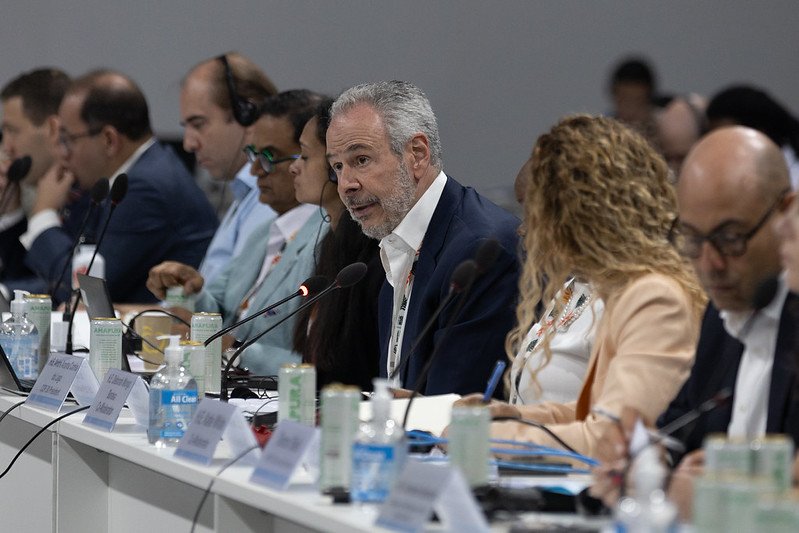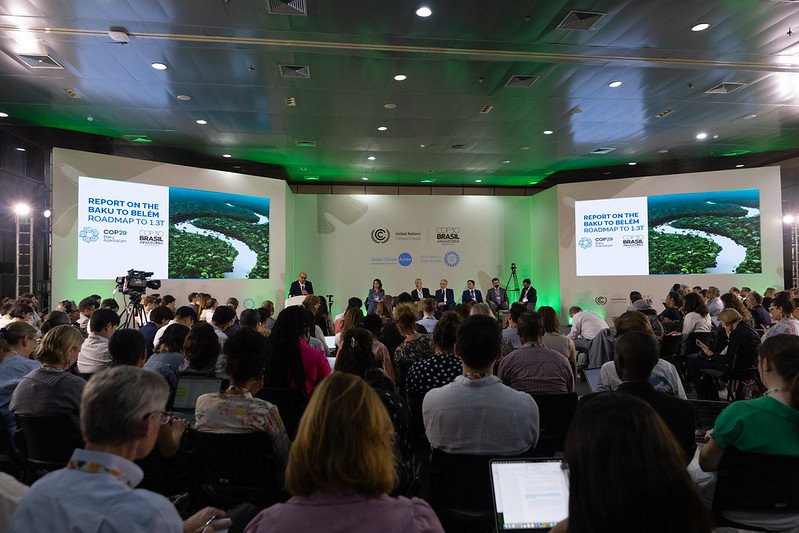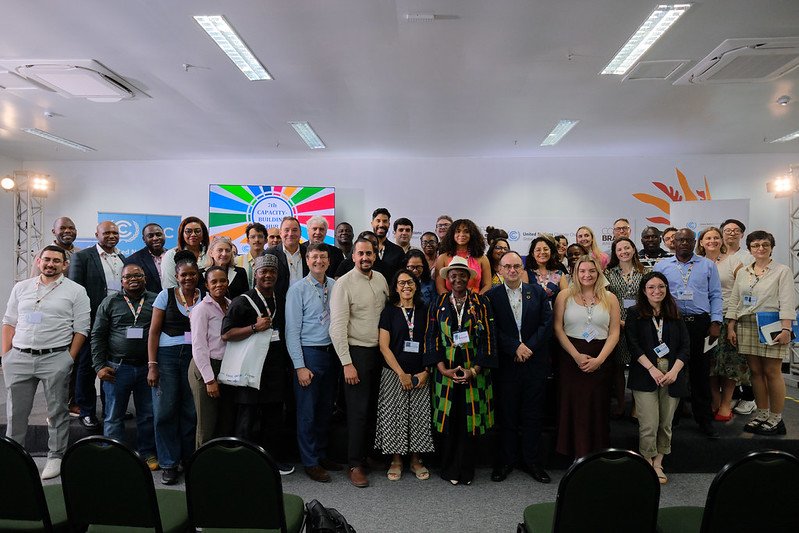
Dhaka Nov 16, 2025 (EP Desk) - After six days of meetings and political activity at COP30, the conference has moved from opening statements into intense technical drafting and political jockeying. Delegates have produced multiple early draft texts across mitigation, finance, adaptation and carbon-market tracks, side-events have sharpened political pressure (especially on finance, forests and fossil fuels), and the COP30 Presidency has pushed for rapid political engagement to turn text into decisions.
Below is a summary of the most important developments, what the draft texts signal, which side-events shifted the political debate, and how the Presidency is framing the work ahead.

1) What’s come out of negotiations
• Draft texts circulated. Over the past days negotiators have circulated “0-draft” and options texts in several tracks (mitigation / fossil fuels; Article 6 carbon markets; adaptation & Loss & Damage; and the post-2025 finance goal). These texts clarify the remaining brackets and the key fault lines but are not yet agreed outcomes.
• Fossil fuel language remains the core political divide. Many developing and vulnerable countries demand explicit “phase-out” language, while several major emitters and fossil-fuel producing countries prefer “phasedown” or softer formulations tied to technology and carbon removal.
• Finance is the master issue. Early finance options include very different scales — from hundreds of billions to over a trillion dollars per year — and the debate centers on grants vs loans, public vs private flows, and whether historic responsibility should shape the New Collective Quantified Goal (NCQG).

2) What the draft texts actually say
• Mitigation / MWP: Texts call for accelerated action but remain split on wording (phase-out vs phasedown; treatment of “unabated” coal/gas; role of carbon capture). Brackets are heavy where specific timelines or sectoral commitments would appear.
• Article 6 (carbon markets): New informal notes push for stronger integrity, stricter crediting rules and transparency — but parties are still far apart on how to avoid double counting and low-quality offsets.
• Adaptation & Loss and Damage: Operational rules for the Loss & Damage Fund remain under negotiation; vulnerable nations warn that without real capital the Fund risks being symbolic. Adaptation text adds measurable indicators but funding modalities are unsettled.
• NCQG / Finance: Options texts outline pathways ranging from ~$600bn/year to over $1.3tn/year in combined public/private flows; developing countries press for grant-based, predictable public finance and debt relief instruments.

3) Side-events that mattered
• Climate Finance Reset Dialogues: High-level panels and finance sessions forced the money question to the center — debt relief, grant vs loan composition, and proposals for new global levies (e.g., on fossil windfall profits, shipping/aviation) were discussed publicly. These sessions amplified Global South demands for a systemic finance reset.
• Amazon & Indigenous Forums: Indigenous leaders and Amazon advocates pressed for explicit recognition of Indigenous rights and a stronger finance window for forest protection — amplifying pressure for the Tropical Forests Forever Fund announced at the Leaders’ Summit.
• Cities, Youth and Civil Society events: Subnational leaders showcased implementation pathways and youth groups staged high-profile actions demanding stronger fossil fuel phase-out language and real finance for adaptation.
4) COP Presidency: tone and public comments
COP30 President André Corrêa do Lago and the Presidency have repeatedly emphasized moving from words to action and called for political engagement to bridge remaining gaps. The Presidency has signaled it will convene ministerial consultations and aims to publish consolidated text iterations during the week to force political choices. The Presidency has also highlighted information integrity and practical delivery rather than new, un-funded promises.
“We now move from exploration to negotiation. Drafts are on the table. The political choices cannot be delayed any longer.”
.jpg)
5) What this means going into the final phase
• Technical drafts are ready; the game is political. The remaining 48–72 hours will be decisive as ministers and heads of delegation decide whether to convert bracketed language into a package.
• Finance and fossil fuels will determine outcomes. If parties can agree a credible NCQG (with public, grant-heavy finance) and a political mandate to develop a fossil fuel roadmap, COP30 could deliver a meaningful implementation agenda. If not, the summit risks limited, procedural outcomes and continued trust erosion.
• Civil society and Indigenous pressure matters. Side-events have shifted political salience; sustaining that pressure in the Blue Zone and in ministerial meetings may be critical to unlock compromise.
After six days, COP30 has produced the technical scaffolding for outcomes — but the crucial political decisions on who pays and how fast fossil fuels are wound down remain unresolved. The next ministerial round will determine whether Belém becomes a launchpad for implementation or another year of deferred ambition.



